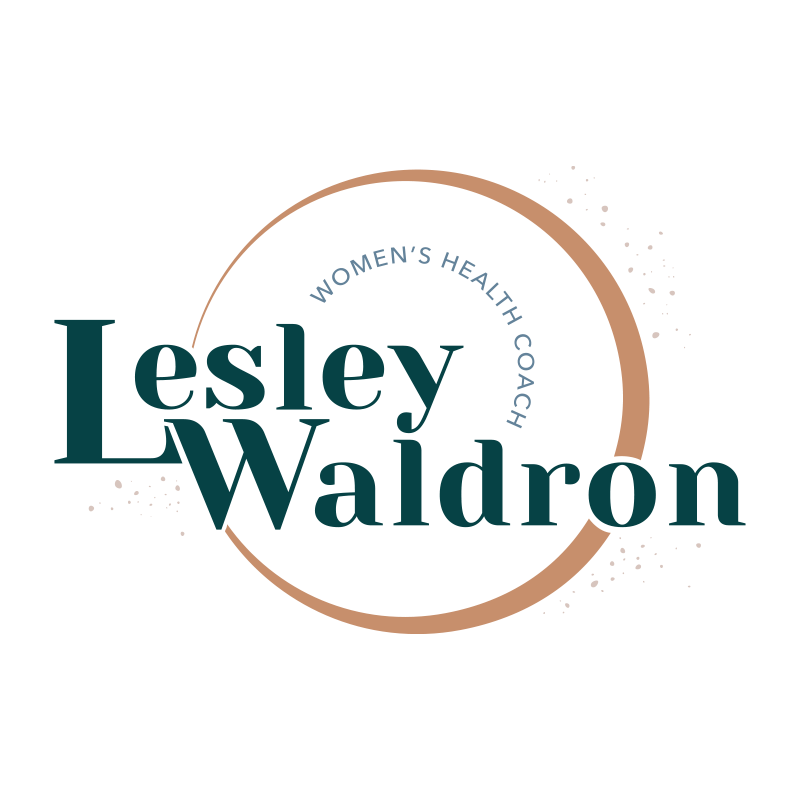The secret to the perfect perimenopause diet
There’s a big secret all the diet gurus and clubs and books and plans don’t want you to know.
….there isn’t one simple answer to a ‘healthy diet’.
Despite all the health gurus and influencers out there telling us to drink celery juice or eat only protein, or eat only plants, or cut out whole food groups, or only eat certain foods.
The perfect diet for you is as individual as you are
Honestly, we all have different genetics, different microbes in our guts, different life histories, different lifestyles and ALL of this has an impact.
Personally, I like Michael Pollan’s advice. ‘Eat real food, mostly plants’.
But plants and real food can take time and creativity that we sometimes lack.
Which means finding strategies and inspiration, and simplifying what’s on our plate at times too.
The building blocks of a well balanced diet:
Protein for growth and repair (plant or animal based)
Carbohydrates for energy (could be fruit/veg or grain based)
Fats (could be veg or animal based)
Fibre (from fruit and veg or whole grains)
Fun and pleasure (essential)
You probably know this already! Finding the right balance or proportions for you is not always easy or straightforward, especially in a diet and weight-loss driven world.
But the balance comes from us. From knowing what we need alongside what we desire. It also comes from when and how we eat. And where we are at a particular point in our life.
Getting the right balance can help with our perimenopause symptoms.
Good hydration, blood sugar balance, plenty of fibre - anything that helps our digestion helps our hormones.
But what this means is down to you. More water, less caffeine, more protein at meals, less snacking on sugary treats, plenty of fruit and veg. Easy to say, sometimes hard to implement.
The balance also changes through the year (I only like tomatoes in the summer, and definitely eat more soup and root vegetables in the winter!). This is partly seasonal, partly weather, partly activity related.
The ‘healthy’ balance also changes through our lifetimes. As we get older we might find we need a different balance on our plate, that we don’t digest certain foods as well, that we don’t ‘bounce back’ from an indulgent weekend in the same way, that we feel like we put on weight whatever we eat. We might find we need more or less carbohydrate in our diet, or that we don’t digest red meat as well as we used to.
As I progress through my 40s I’ve found I don’t digest dairy products as well recently and some other foods leave me bloated. So I replace or avoid them. I have less tolerance to alcohol and my blood sugar balance can be easily disrupted by too much caffeine, too much sugar or too little sleep. I eat less meat, less processed food and avoid sugar and dairy. I still love cake and chocolate, I’m just fussier about what I eat and when.
And just like my clients, I need a regular rethink, reset and refresh of my habits, which is why I take part in my own 3 week gut health programme every year!
Often with my clients I find they feel confused or overwhelmed by healthy eating, by the conflicting advice they find online, in magazines, in discussion with their friends.
So we start with 3 simple actions:
Assess where you are now. What is on your plate for meals and snacks, when and how are you eating them (on the run, in a rush, or slowly savouring your evening meal) and how does your body respond to this. This gives us great clues.
What do you need to add in? Sometimes women are just not eating enough (don’t talk to me about this mystical 1200 calorie rule…not even enough energy for a toddler!). It might be about taking a different approach to breakfast. About adding more protein or remembering to drink more water.
Where do you find pleasure, joy and inspiration when it comes to food (and how to do this within the constraints of family/work life). This is sometimes the key. Making food less of a chore and more creative, or finding short cuts (like a menu box or meal planners) that take away some of the stress.
What would be your answers to those questions?
If you’d like to find out more about nutrition I’ve got a short workshop available on demand online!
